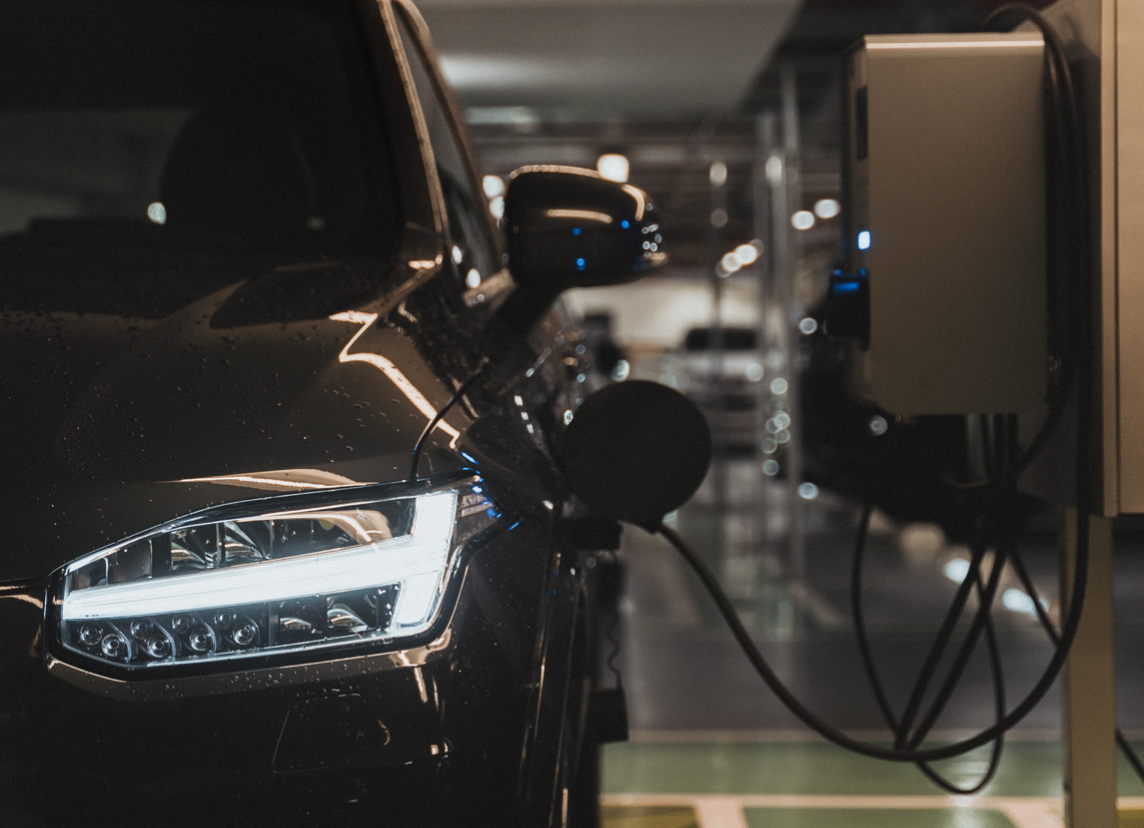- In Republicans' latest effort to keep Americans burning fossil fuels with no alternative, attorneys general from 25 red states sued to block new Biden administration regulations requiring automakers to cut tailpipe emissions by 50 percent within the next eight years. (New York Post)
- The federal government has paid out $580 million worth of point-of-sale tax rebates on 100,000 electric vehicle purchases since Jan. 1. (Inside EVs)
- After a year of bankruptcies and mergers, it looks like the micromobility industry is back on track. (Cities Today)
- Scientific American lays out the case for making American cities less car-dependent.
- Transportation Secretary Pete Buttigieg sat down with Wired to talk about his $830 million plan to fix aging American infrastructure.
- The New Yorker has a long piece on how we're maybe finally about to get flying cars.
- L.A. Metro wants to spend $743 million from the canceled 710 Freeway widening project mainly on transit, road safety projects and active transportation. (Urbanize LA)
- Milwaukee Mayor Cavalier Johnson announced his support for a boulevard to replace I-794. (Urban Milwaukee)
- Virginia Gov. Glenn Youngkin is robbing Peter to pay Paul with his proposal to strip funding from Northern Virginia transit to give it to the financially struggling D.C. Metro. (Mercury)
- Salt Lake City unveiled plans for a new transit- and pedestrian-oriented neighborhood on vacant land near downtown. (Tribune)
- Moving utility lines is proving to be a challenge for Minneapolis' Blue Line light rail project. (Star Tribune)
- A new "lending library" program brought 250 e-bikes to South L.A. (Los Angeles Times)
- Chicago is choked with trucks, with more than 5,000 a day passing through a single neighborhood, according to a recent study. (Grist)
- Seattle traffic deaths peaked in 2021, but the city has a long way to go to meet its 2030 Vision Zero goal. (KUOW)
- With ARPA funds running out, Louisville's transit system is slashing service to close a $30 million budget gap. (WDRB)
- Waymo is testing self-driving cars in Atlanta, where they'll be learning from the worst human drivers in the U.S. (AJC)
- Two Atlanta streets are getting Vision Zero safety improvements. (Fox 5)
- Axios has a rundown on Charlotte's planned Red Line commuter rail.
- Fridays are becoming more like a weekend, so Seattle Transit Blog suggests Sound Transit change its schedules.
- Texas has certainly made some questionable transportation decisions, but legalizing compact Japanese kei trucks is one that's good for the environment and pedestrian/bike safety. (Jalopnik)
- Check out the massive amount of asphalt surrounding Dodger Stadium that's empty 284 days out of the year. (The Cool Down)
Today's Headlines
Friday’s Headlines Got Served
Another day, another GOP lawsuit trying to overturn a Biden administration climate change rule.

EVs and renewables are not going to be enough to stave off a climate catastrophe, scientists are warning officials at an international conference.
|Daniel Andraski, CCStay in touch
Sign up for our free newsletter
More from Streetsblog USA
Americans Demand Congress Fund Active Transportation In Next Infrastructure Bill — And Not Just The Bike/Walk Advocates
A "back to basics" surface transportation bill — as Republicans are seeking — would be devastating for road safety and small businesses.
Friday’s Headlines Take a Lot to Laugh, Take a Train to Cry
I ride on a mail train, baby. Can't buy a thrill.
Talking Headways Podcast: The Future of Transit
Yonah Freemark talks with Jeff Wood about the state of the trains across the world.
Are Roundabouts Just For Rich People?
And if not, how do we get more of them in the low-income neighborhoods that need life-saving infrastructure the most?
Thursday’s Headlines Need Alternatives
Economics 101: Competition brings down costs.
How Recreational Cycling Can Lead to Safe Streets For All
These cities are leveraging joy to fight for connected communities.





